Ethiopia
Dr Merera Gudina, leading opposition figure in Ethiopia and Chairman of the Oromo Federalist Congress (OFC), has finally been charged with terrorism by Ethiopian prosecutors.
Gudina is accused of meeting anti-government elements during a European tour last year. He was twice denied bail by the courts as the police continued to gather evidence for charges.
The privately run Addis Standard news portal reported that the opposition chief was charged along with two others. Jawar Mohammed a popular Oromo activist and Executive Director of the Oromia Media network and Berhanu Nega, were also charged with terrorism.
Breaking- #Ethiopia/n prosecutors have formally charged prominent opposition leader Dr. #MereraGudina & two others with him with terrorism
— Addis Standard (@addisstandard) February 23, 2017
Gudina, during his last appearance in court vehemently denied any terrorism allegations and said that he had spent his life teaching against the ideals of violence and terrorism.
The charge of terrorism as brought by police prosecutors varies from the government’s position which said he was arrested for flouting sections of the current state of emergency imposed in October 2016.
Ethiopian security forces arrested the Gudina shortly after his arrival in the capital Addis Ababa on December 1 from Belgium. Together with other activists and the Olympic athlete Feyisa Lelisa – he met with Members of the European Parliament on 9 November 2016.
Ethiopia is currently under a six-month state of emergency imposed to quell spreading anti-government protests in the Oromia and Amhara regions of the country. The protests which started in November last year continued into this year.
Since January 2016 the human rights situation in Ethiopia has not improved at all. Human Rights Watch reports that security forces have killed more than 500 people during protests over the course of 2016.
The government reported mass arrests of persons believed to be behind the protests, some are to be released whiles others will be arraigned before the courts on offences of destroying private and public property.
The Command Post administering the curfew says relative peace has returned to the country. There are issues also surrounding communication access with slow internet in most parts of the country. Some European countries have lifted their travel advice for Ethiopia with the ‘return to peace.’
SUGGESTED READING Ethiopia: A year after protests started – Timeline of events [1]



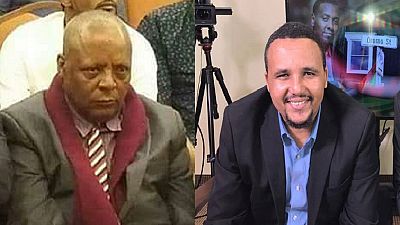

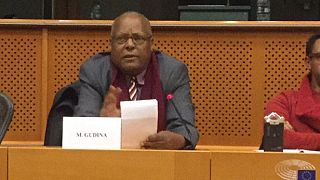
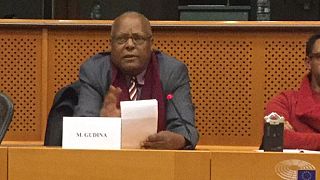
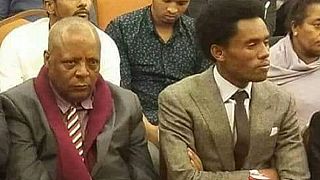


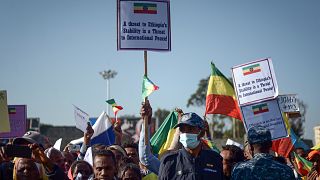



00:52
Nigeria’s Peter Obi to contest 2027 election, opposition coalition in jeopardy
01:01
Ecuador recaptures fugitive drug kingpin 'fito' after dramatic raid
01:00
Detained Chadian opposition leader Succes Masra begins hunger strike
Go to video
CAR officials issue statement claiming president is not seriously ill
01:09
Ivory Coast president set to announce whether he will seek a fourth term
01:09
Cameroon’s civil society calls on voters to sanction Biya in upcoming elections